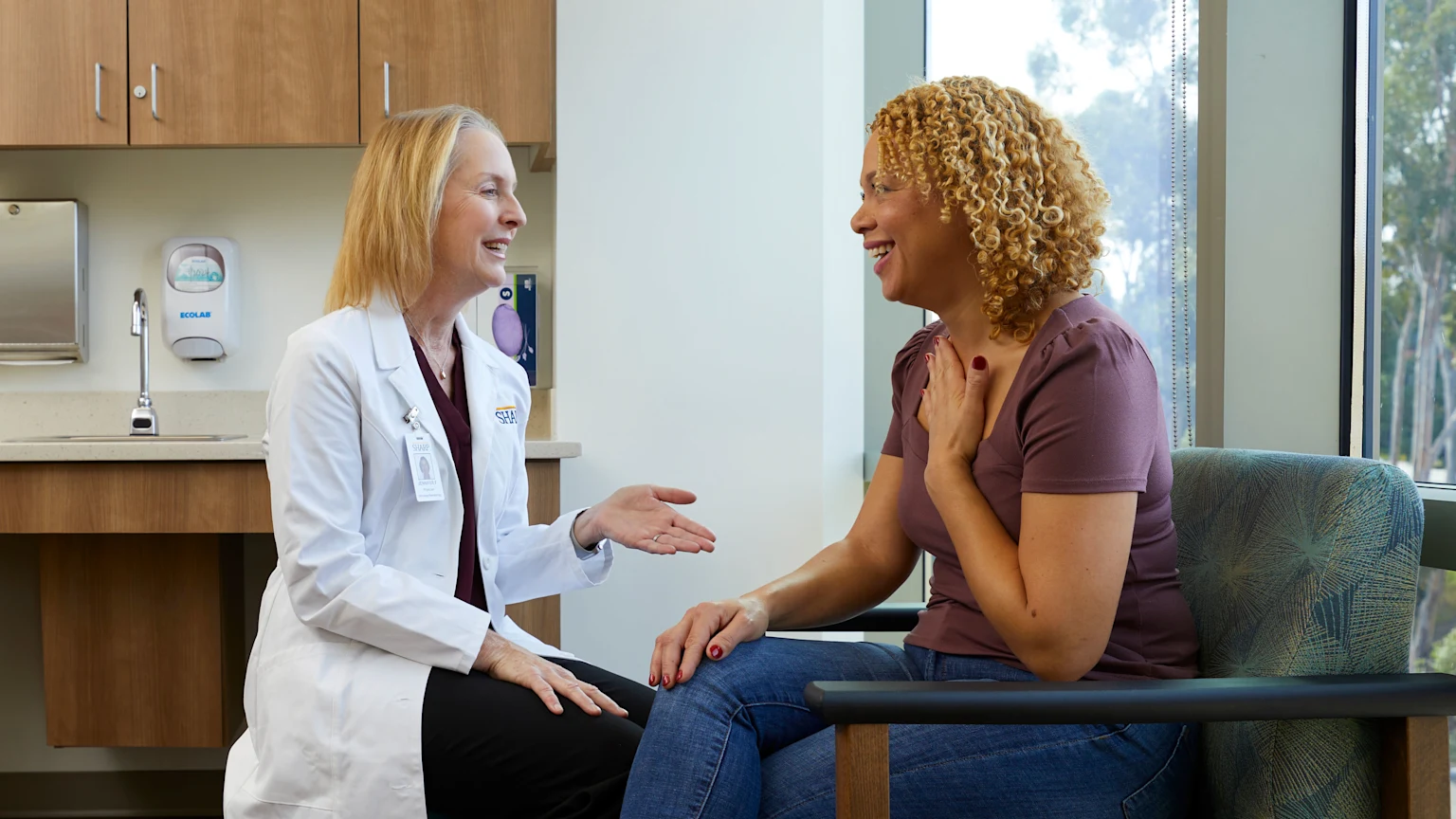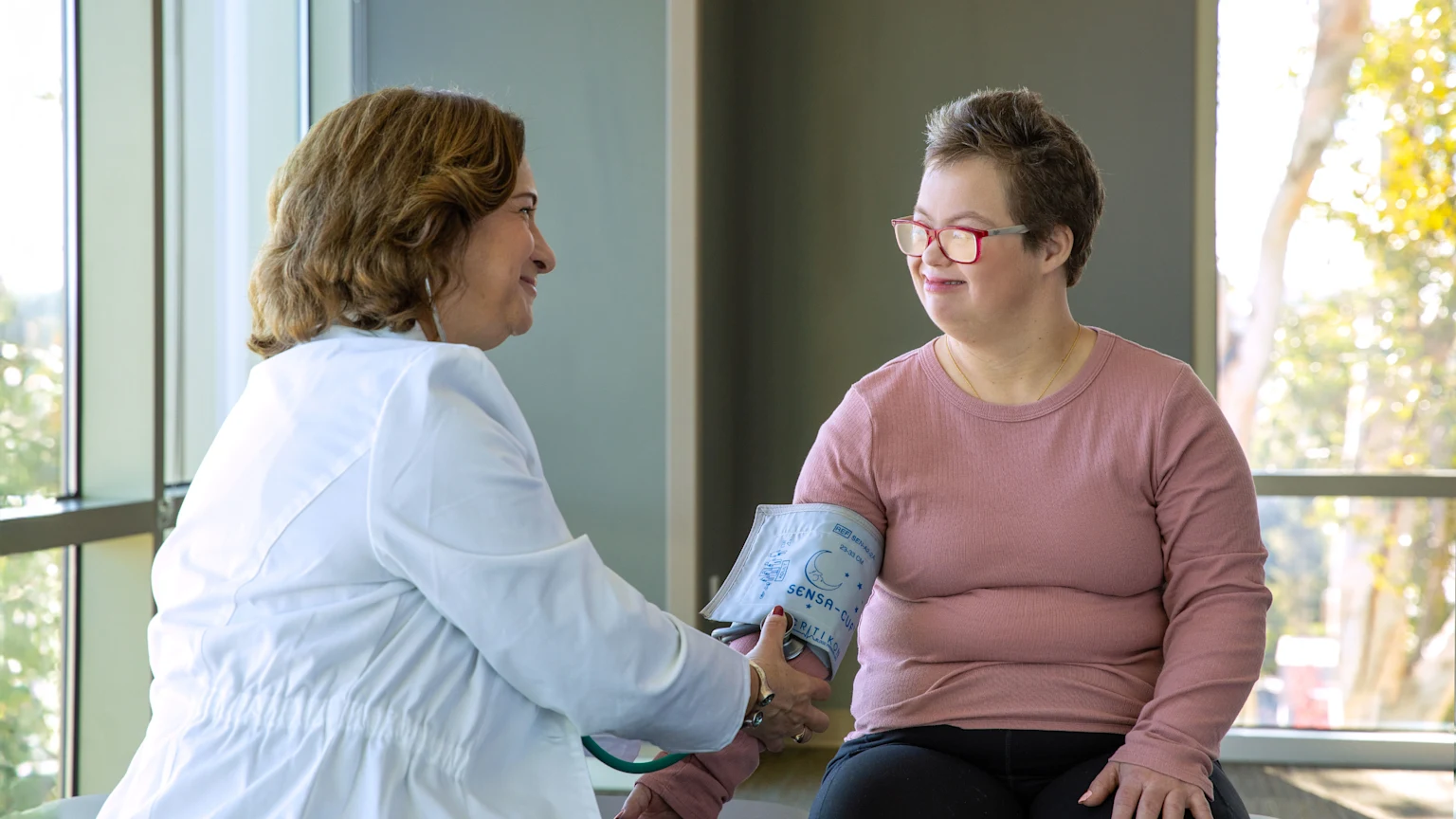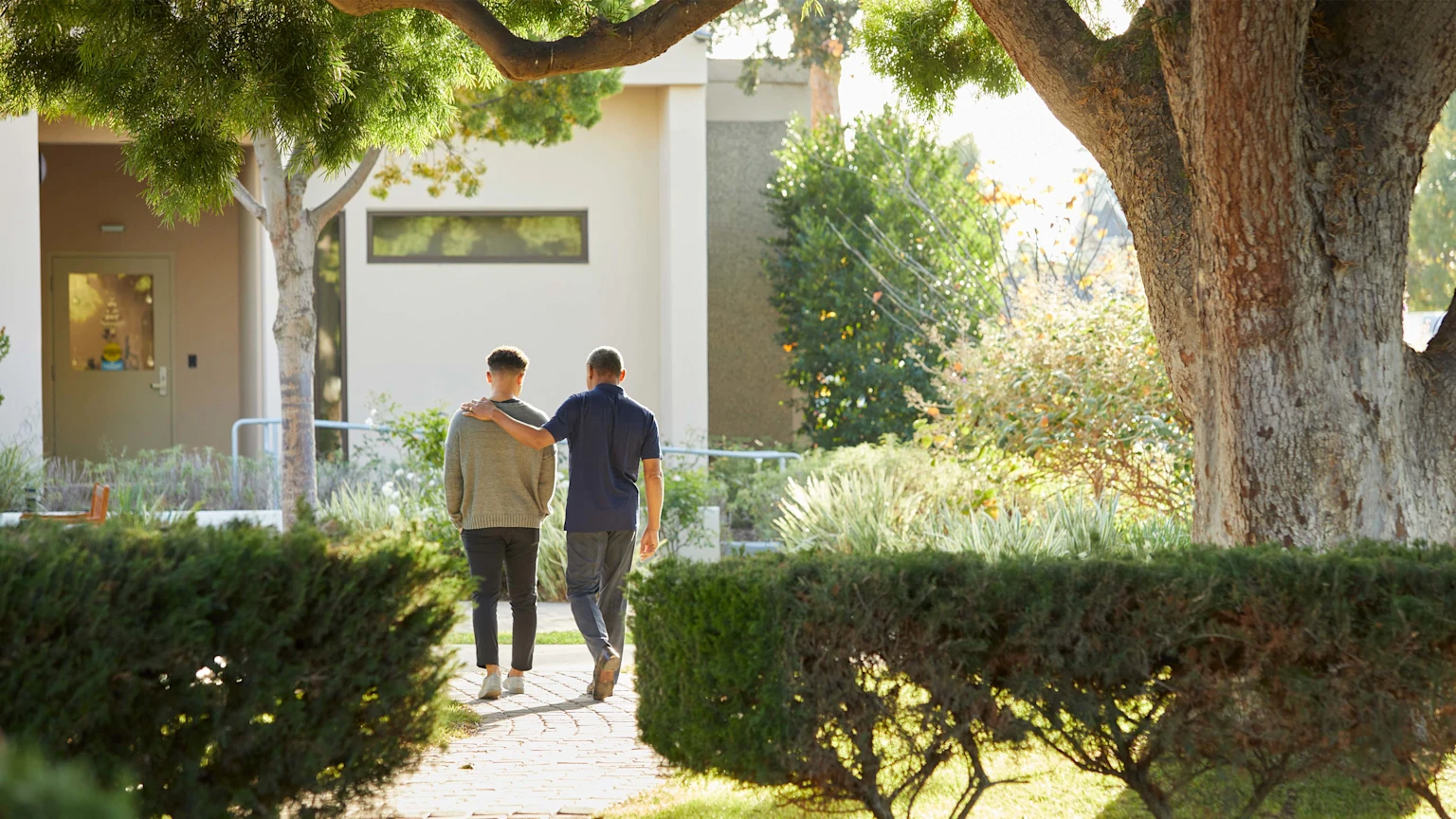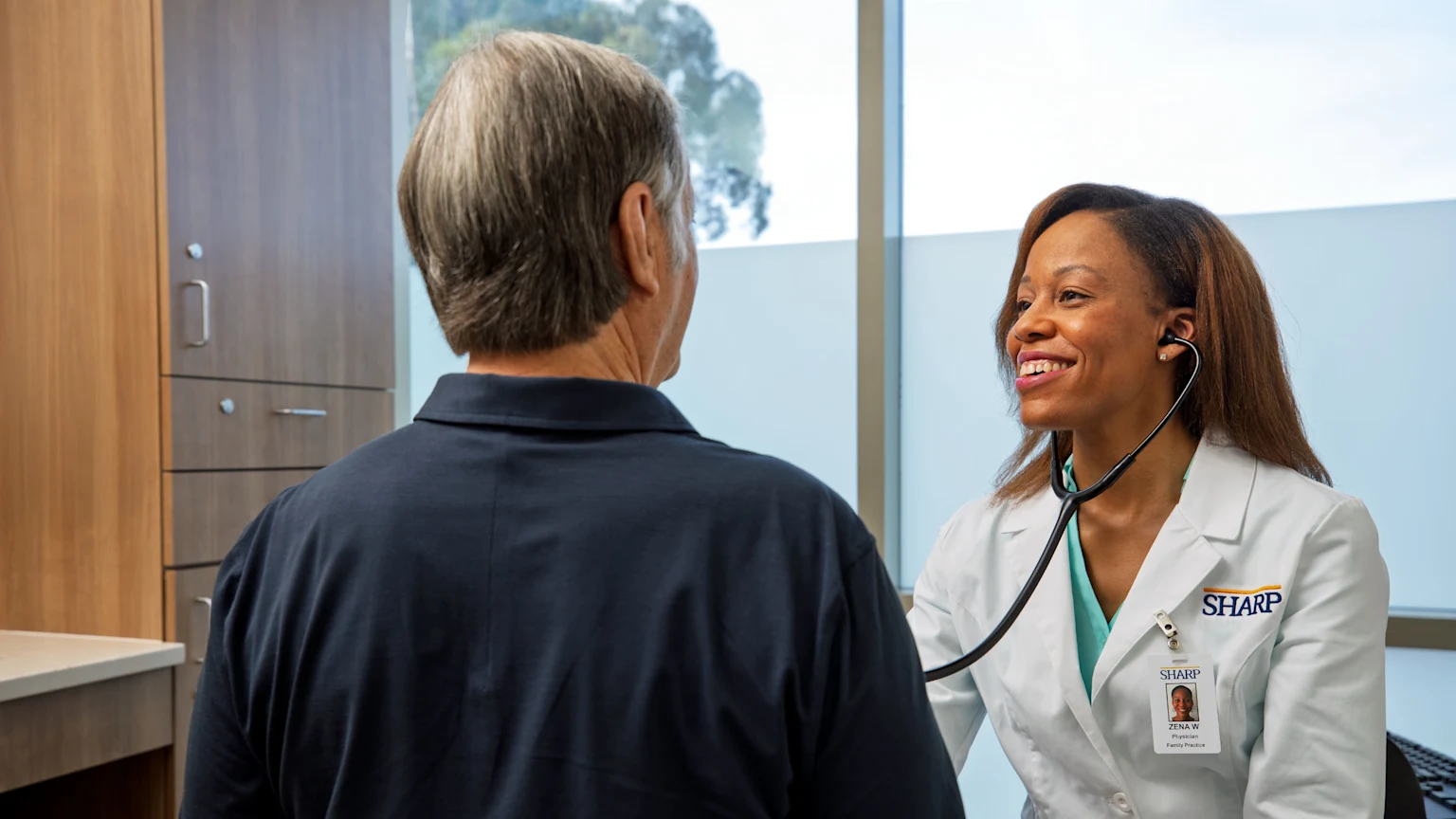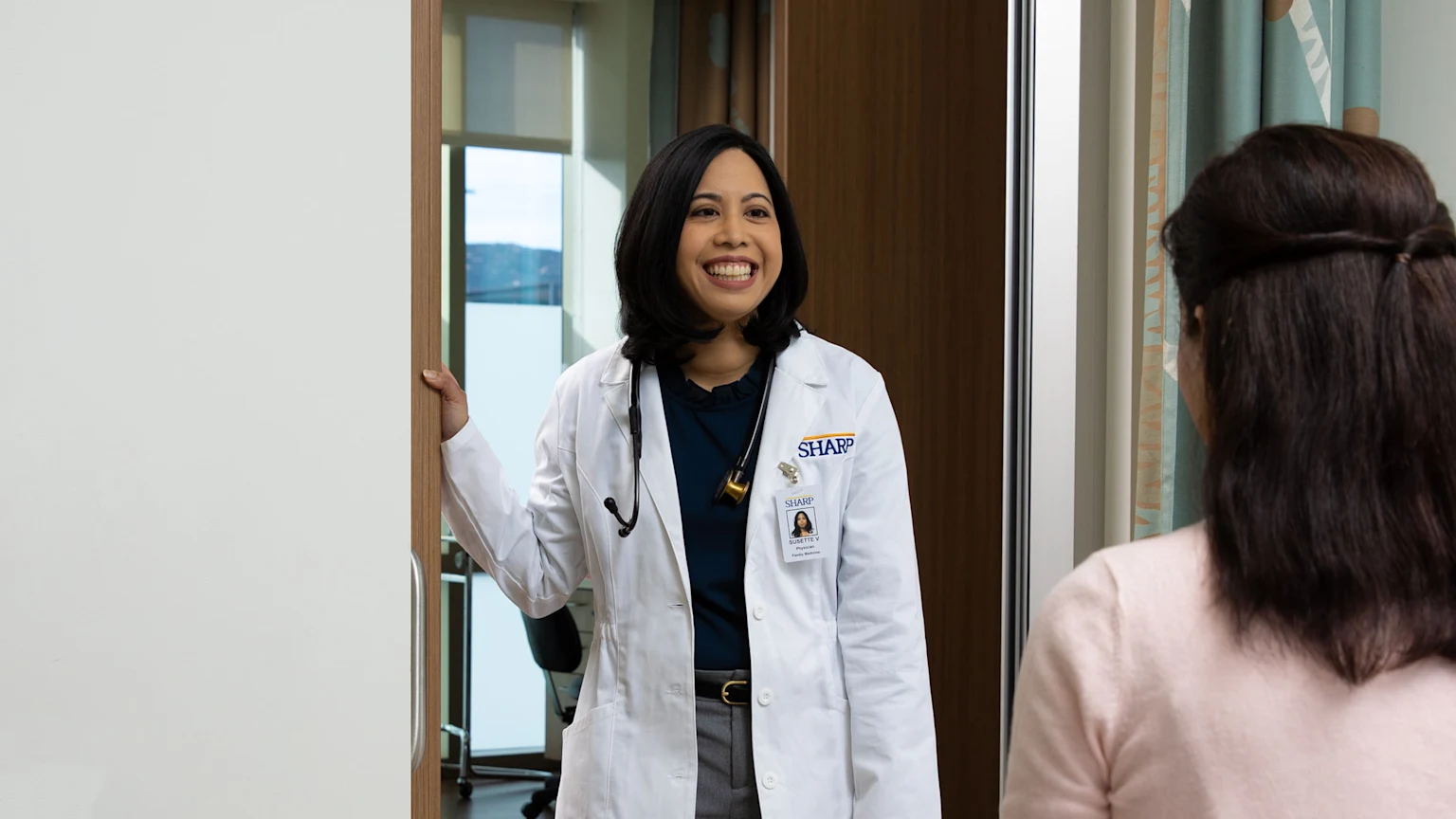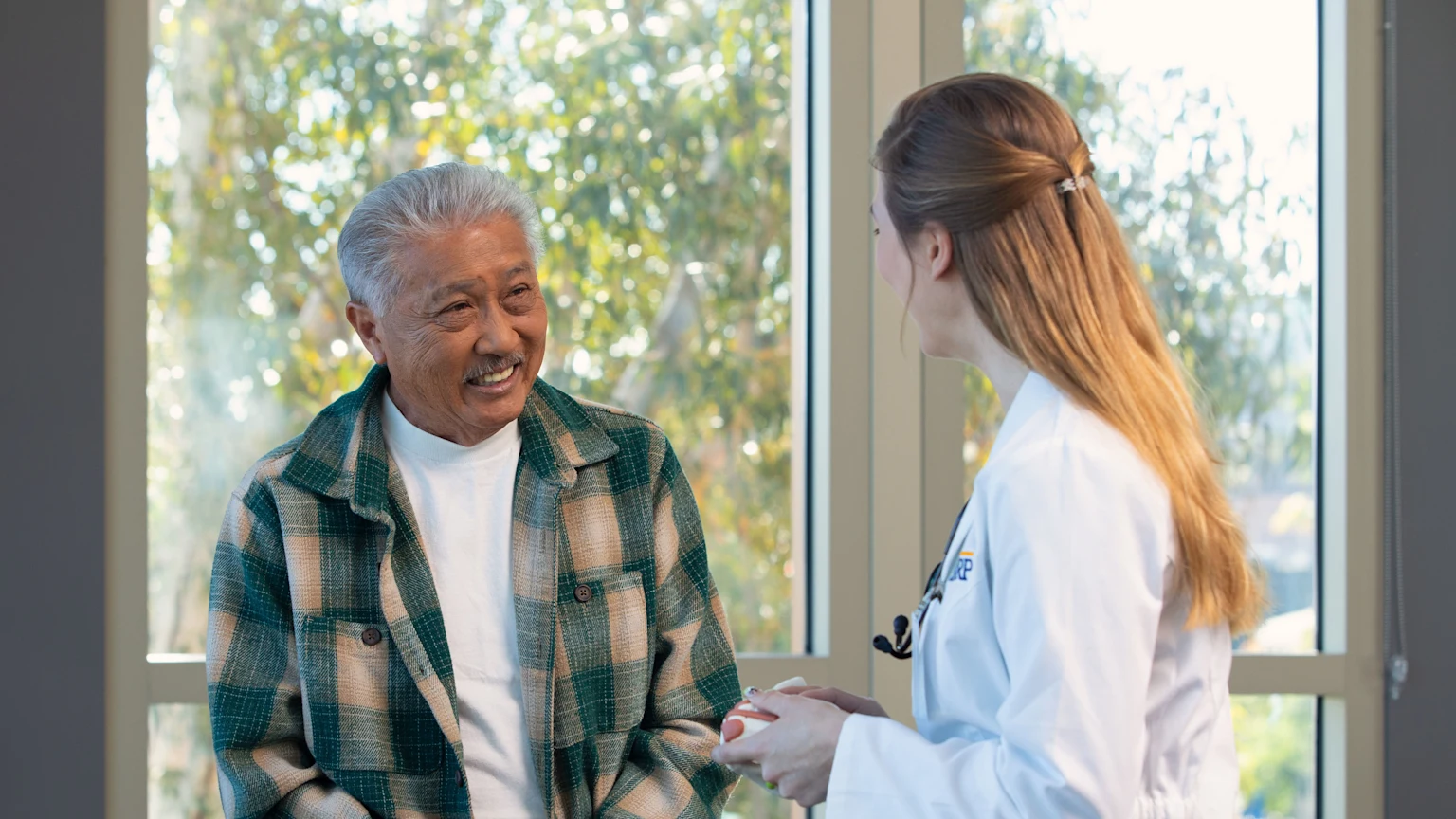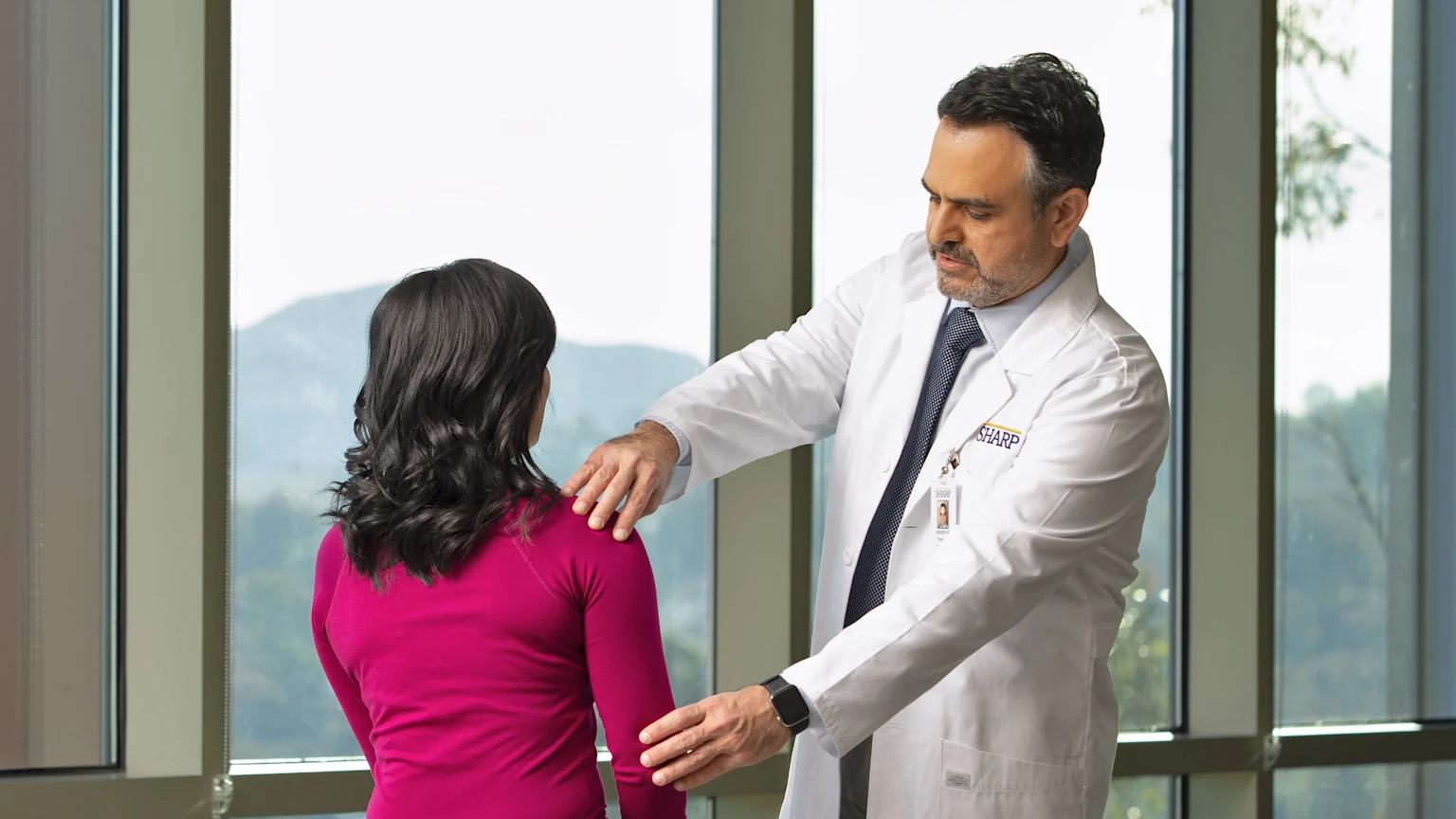Sharp HealthCare medical services in San Diego
We are here to help
As San Diego's most comprehensive health care system, we are dedicated to providing you with the highest quality medical care and services available. Whatever your health care needs, we've got you covered. Find what you are looking for in the list below.
If you need urgent care, find options for same-day care virtually or in person.
Need more information? Contact us about any Sharp service or location. You can also search for a doctor by medical specialty.
All medical services
P

